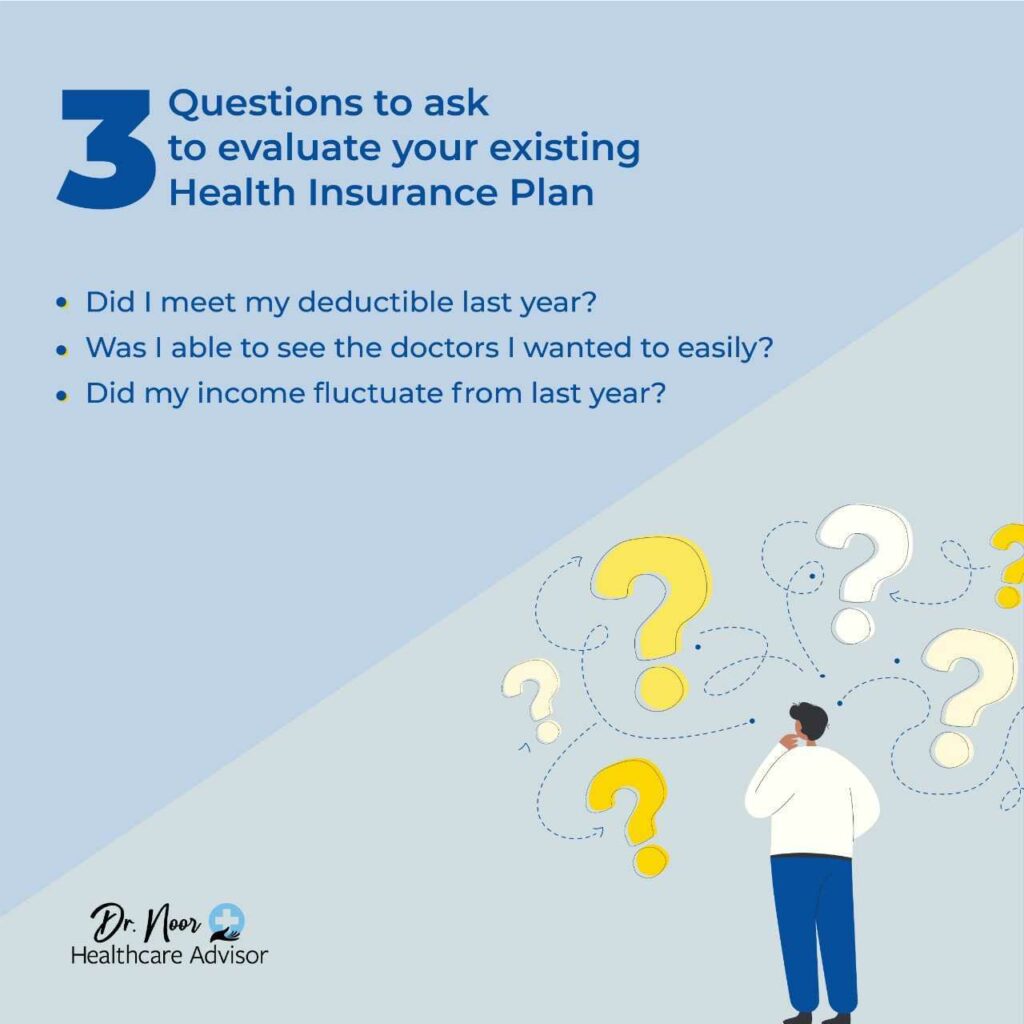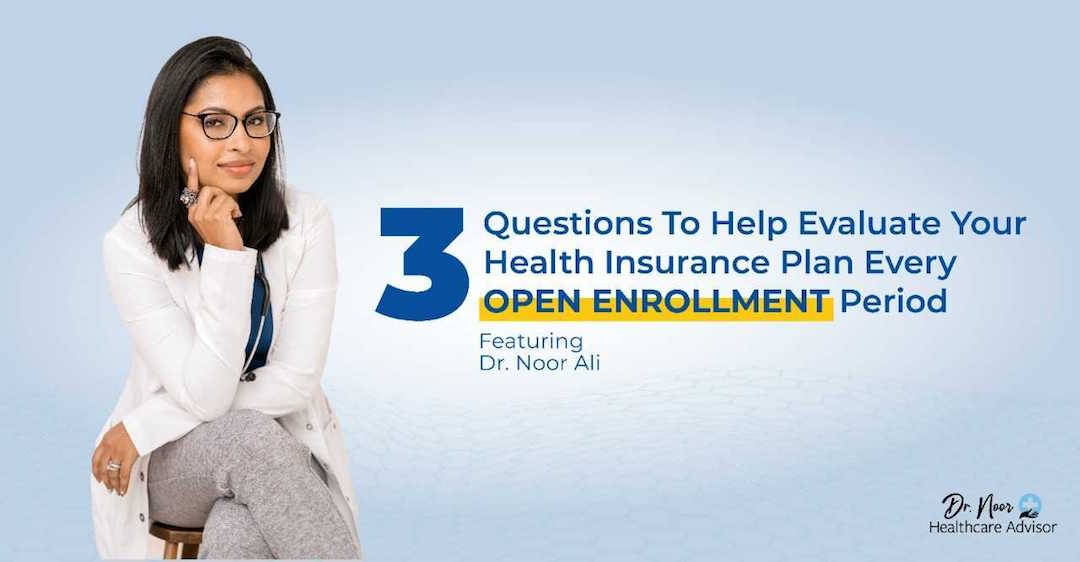Open enrollment happens every year in the United States.
During this period, you can sign up for health insurance, make adjustments to your existing plan or even cancel your plan if it isn’t working for you. These plans will then take effect for your entire upcoming year.
A typical open enrollment period falls towards the end of the year – between November to December. For exact dates, check your respective state or insurance provider’s website in case of any differences where you are.
Most of you already know this.
The bigger question here is what happens during open enrollment and how you can ensure you get the best health insurance policy for yourself during this period.
To understand how this can work to your advantage, let’s first cover a little bit more of the basics about open enrollment:
Can I get health insurance outside of open enrollment?
There’s a simple reason why open enrollment happens: to prevent “skewed risk”.
What, you ask, does that mean?
In simple terms, everyone is treated with the same amount of importance during open enrollment. It prevents the potential situation where only sick people get insurance and healthy people don’t.
Therefore, you can only sign up to change your health insurance plan during open enrollment. The only exception to this rule is if you have a qualifying life event.
Some examples of qualifying life events are:
- Loss of existing health coverage
- Changes in your household or dependent needs
- Changes in residence
- Other qualifying events
- Changes in your income that affect the coverage you qualify for
- Gaining membership in a federally recognized tribe or status as an Alaska Native Claims Settlement Act (ANCSA) Corporation shareholder
- Becoming a U.S. citizen
- Leaving incarceration (jail or prison)
- AmeriCorps members starting or ending their service
What if I have an existing health insurance policy?
If you have an existing health insurance plan, this doesn’t mean you should just let the open enrollment pass.
The open enrollment period is the best way for you to reassess what your health needs are. For example, if you are attached to a health insurance plan with your current employer, you can also disenroll in that and choose one that’s more suitable to your needs.
3 questions to ask to evaluate your existing health insurance plan
Here are some question prompts to help you evaluate whether you need to change/upgrade your plan:
1 . Did I meet my deductible last year?
Deductibles are often more important than your monthly premiums. A deductible is the amount of money you have to pay before your insurance will pay out your benefits. If you have not met your deductible, or even gotten close, then you might be on the wrong plan! Consider a plan with a lower or even zero deductible, which might be more appropriate.
2. Was I able to see the doctors I wanted to easily?
What network is your plan a part of? If you are part of a Health Maintenance Organization (HMO) plan, you may be limited to the providers you can see. Moreover, you will need referrals from your primary care provider if you want to see a specialist.
A Preferred Provider Organization (PPO) network is much wider, nationwide coverage that travels with you where you go. You can see whichever provider you like, anytime! If you have the choice, pick the PPO.
Not sure where to get a PPO plan or how much it may cost? Give me a call. I’ll let you know.
3. Did my income fluctuate from last year?
Depending on where you obtained your health insurance policy, income may have a lot to do with how much you pay for your plan.
If your income went down, you might qualify for government assistance programs such as Medicaid or a government subsidy or tax credit.
If your income went up and you no longer qualify for a subsidy, then maybe exploring some private options that can give you better rates is a good avenue to research.
Not sure where to start? The Google rabbit hole is dangerous. Let a professional handle all the research. Book a 15-minute consultation with me today.
A quick note about COVID-19:
What we needed yesterday is not the same as today. In this pandemic age, we see our health needs changing. Considering this, review all your options wisely. Ask as many questions as you have and make sure these are addressed before you make your final decision.
This assessment isn’t just for working adults who have their insurance policies reviewed by their companies but also for self-employed personnel like content creators, creative artists, real estate agents, and healthcare practitioners, too!

Don’t have a health insurance plan?
If you don’t have a health insurance plan, then open enrollment is the time for you to start going through your options and securing one for yourself.
Here’s what you should do before deciding to get health insurance:
- Consider your medical needs, what do you need to make sure are covered by insurance every year?
- Do you have dependents? Assess their health needs as well.
- Revisit your retirement plan. Often, we focus too much on health, we don’t realize we need to start doing our numbers and ensure we have enough for retirement. If you feel like you need more coverage to take care of yourself during old age, then add this to the list of benefits you need from your health insurance policy.
Need more help evaluating your options for your new or existing health insurance plan?
My name is Dr. Noor. I’m a medical doctor, certified public health professional and licensed health insurance professional. I can do all your research for you and make the best fit recommendation.
Book your consultation appointment with me today to get started on your health insurance quotes.





